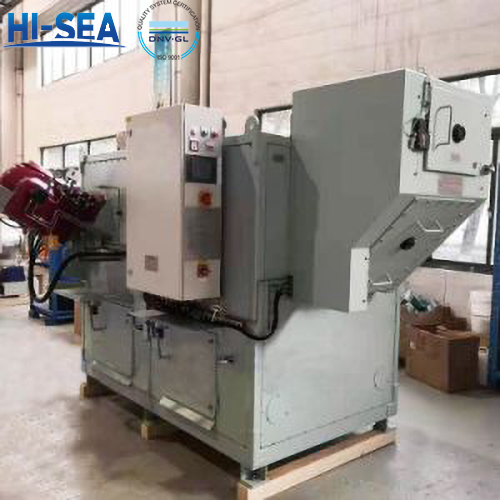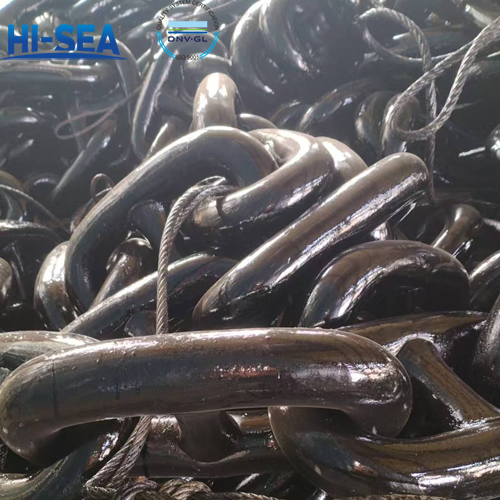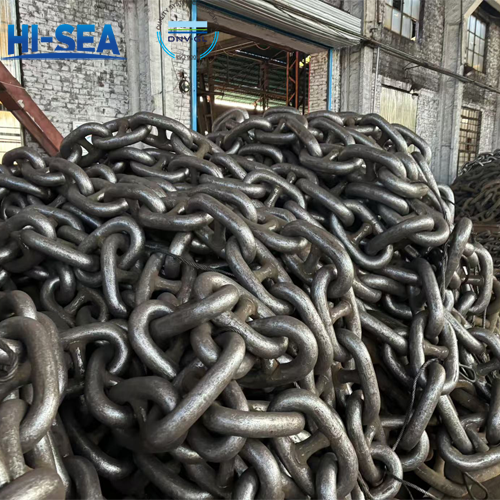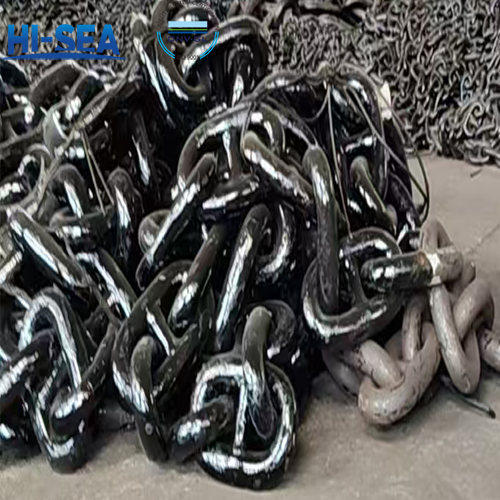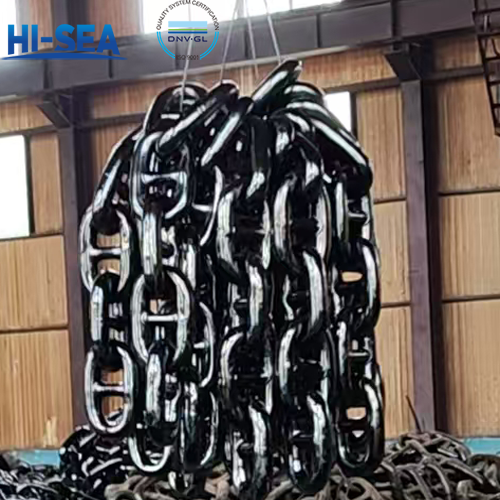
The Relevant Requirements of the MARPOL Convention for Marine Incinerators
The MARPOL Convention mainly stipulates regulations on the operation of marine incinerators, the types of combustible substances, and emission limitations. These requirements aim to further strengthen the prevention and control of ship pollution and protect the marine ecological environment by standardizing the use of marine incinerators.
Overview
On-board incineration requirements:
(1) Except as provided in (5), on-board incineration shall only be permitted in on-board incinerators.
(2) (a) Except as provided in (b), every incinerator installed on a ship on or after 1 January 2000 shall comply with the requirements of Appendix IV to this Annex. Each incinerator shall be approved by the competent authority in accordance with the standard technical conditions for on-board incinerators formulated by this Organization.
(b) The competent authority may allow any incinerator installed on board prior to the entry into force of the 1997 Protocol to be exempted from the application requirements of (a) provided that the ship only navigates within the waters under the sovereignty or jurisdiction of its flag State.
(3) (b) The competent authority may allow any incinerator installed on board prior to the entry into force of the 1997 Protocol to be exempted from the application requirements of (a) provided that the ship only navigates within the waters under the sovereignty or jurisdiction of its flag State.
(4) The following substances shall be prohibited from being incinerated on board:
α Residues of goods in Annexes I, II and III of this Convention and associated contaminated packaging materials;
β Polychlorinated biphenyls;
γ Garbage containing trace amounts of heavy metals as defined in Annex V of this Convention; and refined petroleum products containing halogen compounds.
(5) Incineration of sludge and oil residues generated during the normal operation of the ship can also be carried out in the main and auxiliary generators or boilers, but in this case, it cannot be carried out within the docks, ports and estuaries.
(6) Incineration of polyvinyl chloride on board shall be prohibited, except for incineration in on-board incinerators for which an IMO Type Approval Certificate has been issued.
(7) All ships equipped with incinerators subject to the limitations of this Article shall hold a copy of the manufacturer's operating manual, which shall stipulate how to operate the incinerator within the limitations described in Appendix IV(2) of this Annex.
(8) Personnel responsible for any incinerator operation shall be trained and able to follow the guidance stipulated in the manufacturer's operating manual. (There shall be training records and demonstrations may be required.)
(9) The flue gas outlet temperature of the combustion at all times shall be monitored, and waste shall not be fed into an on-board continuous-feed incinerator when the temperature is lower than the minimum allowable temperature of 850 degrees. For a batch-loading on-board incinerator, the device shall be designed such that the temperature in its fuel chamber reaches 600 degrees within 5 minutes after starting.
Conclusion:
The above is the entire content of this article. In the article, we have detailedly introduced to you the requirements for incineration on board ships. We hope that through this article, it can help you choose the marine incinerator.
Finally, if you have the need for procurement, you are welcome to visit our marine incinerator homepage or contact us at any time! Thank you again for your browsing!

